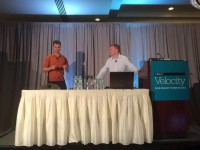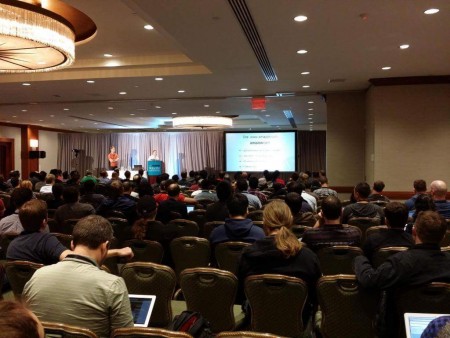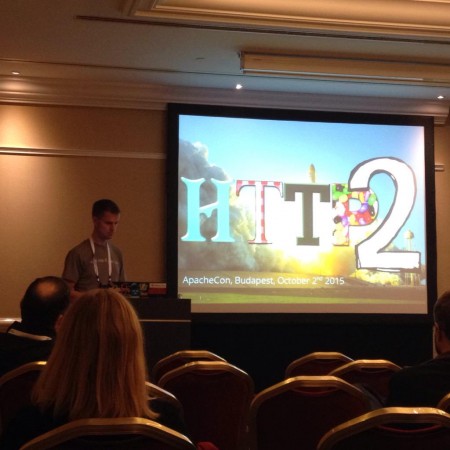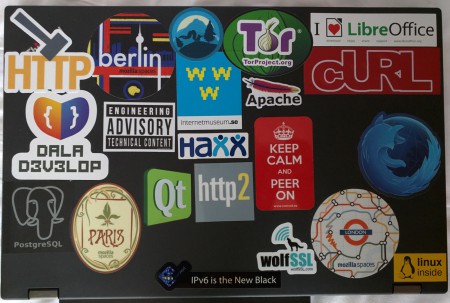Today marks my two year anniversary of being employed by one of the greatest companies I’m aware of.
I get to work with open source all day, every day. I get to work for a company that isn’t driven by handing over profits to its owners for some sort of return on investment. I get to work on curl as part of my job. I get to work with internetworking, which is awesomely fun, hard, thrilling and hair-tearing all at once. I get to work with protocol standards like within the IETF and my employer can let me go to meetings. In the struggle for good, against evil and for the users of the world, I think I’m on the right side. For users, for privacy, for openness, for inclusiveness. I feel I’m a mozillian now.
So what did I achieve during my first two years with the dinosaur logo company? Not nearly enough of what I’ve wanted or possibly initially thought I would. I’ve faced a lot of tough bugs and hard challenges and I’ve landed and backed out changes all through-out this period. But I like to think that it is a net gain and even when running head first into a wall, that can be educational and we can learn from it and then when we take a few steps back and race forwards again we can use that knowledge and make better decision for the future.
Future you say? Yeah, I’m heading on in the same style, without raising my focus point very much and continuously looking for my next thing very close in time. I grab issues to work on with as little foresight as possible but I completely assume they will continue to be tough nuts to crack and there will be new networking issues to conquer going forward as well. I’ll keep working on open source, open standards and a better internet for users. I really enjoy working for Mozilla!


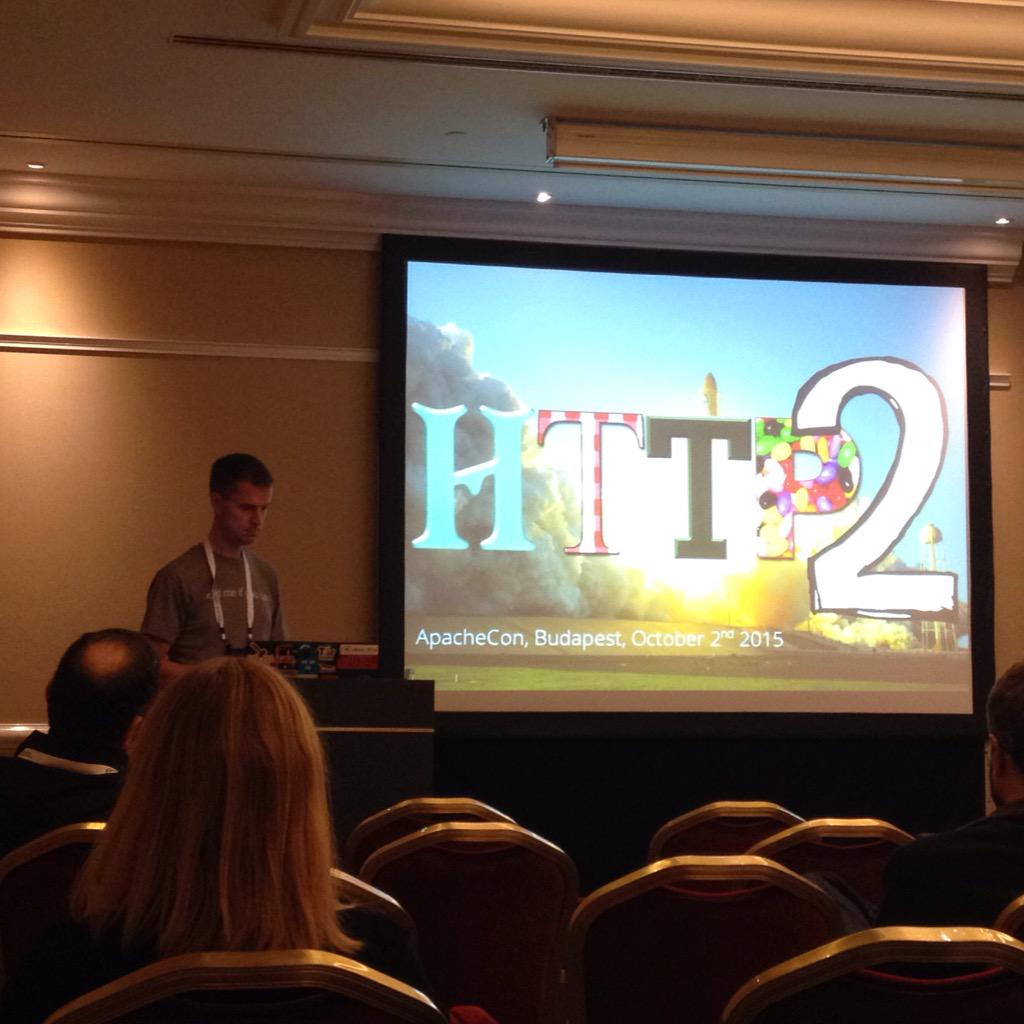
 At times I post blog articles that get the view counter go up to and beyond 50,000 views. This puts me in a position where I get offers from companies to mention them or to “cooperate” on further blog posts that would somehow push their agenda or businesses.
At times I post blog articles that get the view counter go up to and beyond 50,000 views. This puts me in a position where I get offers from companies to mention them or to “cooperate” on further blog posts that would somehow push their agenda or businesses.